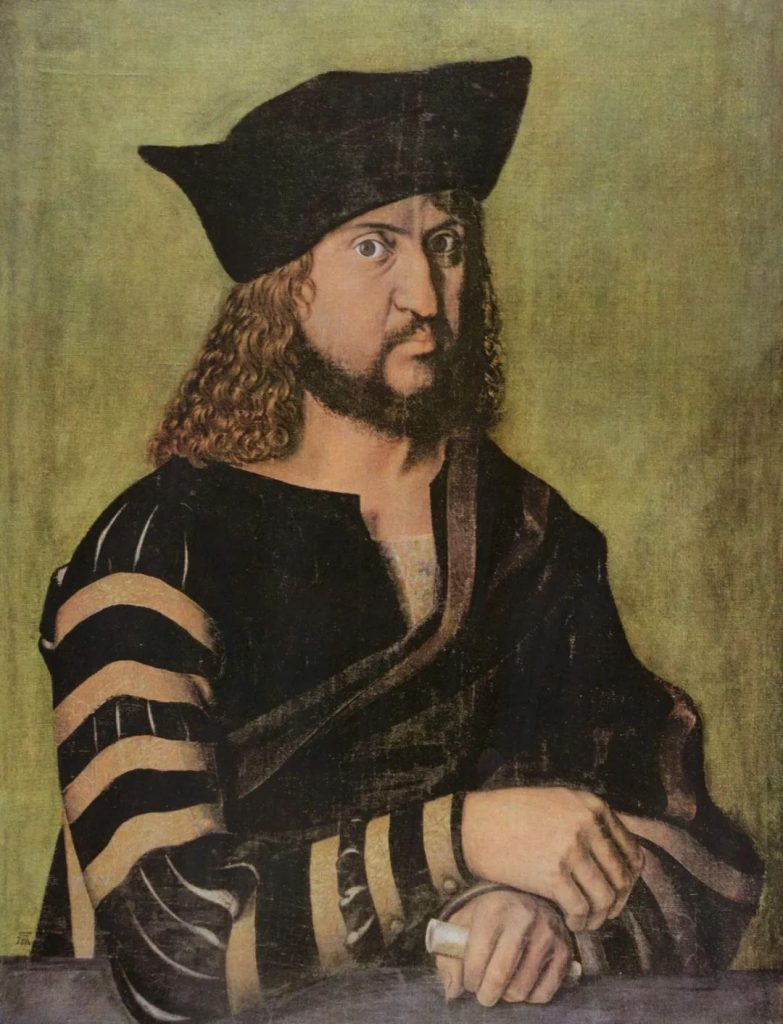On January 3, 1521, Pope Leo X issued a papal bull that officially excommunicated Martin Luther, the German monk who had challenged the Catholic Church’s practices. While excommunication was a big deal for anyone in medieval Europe, it was a particularly bold move against Luther, a devout Catholic and a theologian. But what drove this humble monk to risk everything and go head-to-head with the Pope?
A Monk Who Knew His Theology (and His Rights)
Luther was no stranger to the teachings of the Church, but he had a problem with one key issue: indulgences. For those unfamiliar, indulgences were essentially “get-out-of-jail-free” cards for sins, sold by the Church to raise funds. The idea was that by purchasing an indulgence, you could reduce your time in purgatory—or even skip it entirely. Sounds like a great deal, right?
But Luther wasn’t having it. He believed only God had the authority to forgive sins, not the Pope. According to Luther, the Church had no right to sell forgiveness, which went against the core principles of Christianity. And so, on October 31, 1517, he nailed his 95 Theses to the church door in Wittenberg, starting a debate that would change Europe forever.
The Papal Bull: A Showdown of Power
To understand the significance of Pope Leo X’s excommunication, let’s take a look at the power of the Pope at the time. The Catholic Church was the authority in Europe, and even kings and emperors had to bow before its influence. Remember Holy Roman Emperor Henry IV, who had to stand barefoot in the snow as a sign of submission to the Pope? It was a serious thing.
But Luther, a theology professor, was a man of principle. He wasn’t about to back down without good reason. He famously declared, “Unless I am convinced by the testimony of Scripture or by clear reason, I cannot and will not retract.” It wasn’t just a matter of defiance; Luther genuinely believed that the Church was wrong. And so, despite the threat of excommunication, he stuck to his guns.
The Corruption of the Church: A Reality Check
What really fired Luther up was the level of corruption in the Church at the time. The indulgence system wasn’t just about raising money—it was about funding lavish projects like the rebuilding of St. Peter’s Basilica in Rome. The Pope, Leo X, was looking to fill the Church’s coffers, and the indulgence system was his golden ticket.
It wasn’t just the financial side of things that bothered Luther. The Church’s indulgence peddlers, like Albrecht of Brandenburg, promised that buying indulgences could absolve not just current sins, but future ones, too! In fact, you could even buy indulgences for your deceased loved ones. To top it off, relics like pieces of Jesus’ cradle or saints’ old sandals were sold as sacred items—creating what Luther saw as a bizarre, money-grabbing industry.
Support from the Unlikely Allies
Luther wasn’t alone in his critique of the Church. The movement for reform had been brewing for decades. But what made Luther’s stand more impactful was the backing he received from key figures, most notably Frederick the Wise, Elector of Saxony. Frederick was a strong supporter of Luther, not only for his religious ideas but also for political reasons.

Frederick, a smart political player, was not about to let the Pope or the Emperor dictate what happened in his territory. He even went so far as to protect Luther when things got too hot. When Luther was on his way to face trial, a “kidnapping” scheme by Frederick’s men ensured Luther’s safety. That gave Luther the time and freedom to translate the Bible into German, making it accessible to ordinary people—and creating an even wider rift between the people and the Church.
The Consequences: The Reformation Unfolds
Luther’s refusal to back down led to more than just a theological debate; it sparked the Protestant Reformation, which would fracture the Catholic Church and reshape the entire religious landscape of Europe. The Reformation ultimately led to the Thirty Years’ War and a profound shift in power from the Catholic Church to the emerging Protestant states.
Luther’s Legacy: A Game-Changer
When Pope Leo X excommunicated Luther, it wasn’t just about one man challenging the Church—it was about the idea that individuals could interpret Scripture for themselves, without needing a Church hierarchy to tell them what to believe. This idea of personal faith, grounded in Scripture and not in the Pope’s decree, would go on to inspire millions.
So, why did Martin Luther challenge the Pope? Because he believed he was right—and sometimes, you have to stand up to power when you think it’s going down the wrong path. His courage (and the help of his allies) led to a movement that forever changed the face of Christianity.

No comments yet.